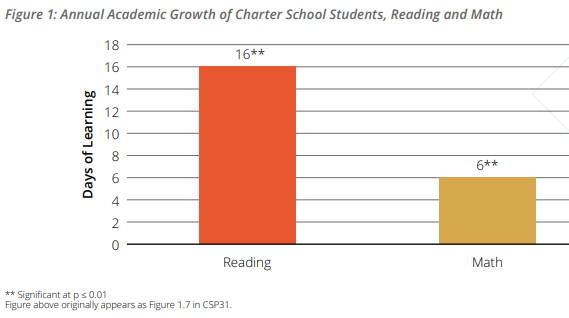
On this episode, senior writer Lisa Buie talks with Nina Rees, president and chief executive officer of the National Alliance for Public Charter Schools. Founded in 2005, the alliance’s stated mission is to ensure all children have access to a high-quality public education regardless of their ZIP code.
Rees discusses the recent study by the Center for Research on Education Outcomes, also known as CREDO, that showed over time, charter schools outperformed district-run schools in their communities and narrowed the achievement gap.
“If there was ever a doubt as to the effectiveness of charter schools, in their ability to close the achievement gap, this study definitely proves that gap can be closed and it's just a matter of doubling down and investing more in building these great schools in more places.”
Rees also discussed Oklahoma’s recent approval of St. Isidore of Seville Catholic Virtual Charter School, which, if it survives

Nina Rees
a court challenge, would be the nation’s first religious charter school.
Rees’ organization issued a statement disagreeing with the decision, arguing that the law has established that charter schools are public schools therefore required to operate as secular institutions. A coalition that includes Americans United for Separation of Church and State, the American Civil Liberties Union and the Education Law Center filed a lawsuit challenging the virtual charter school, which is set to open in 2024.
Episode details: